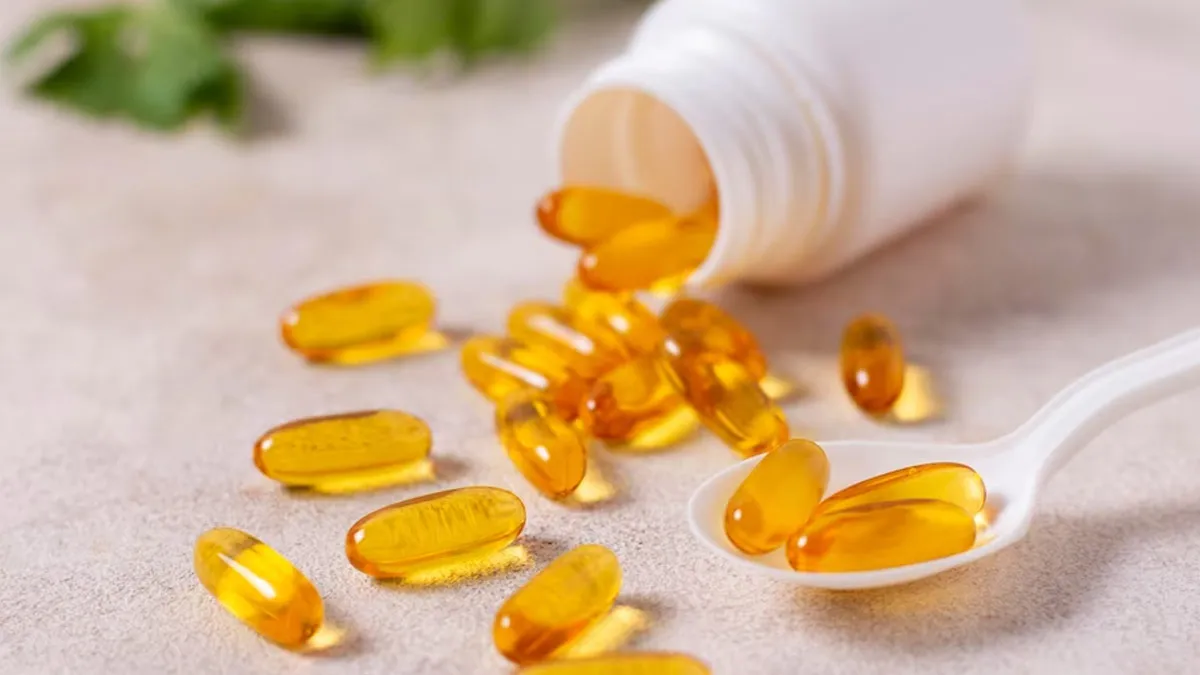
From turmeric capsules and protein powders to detox teas and testosterone boosters, dietary supplements are a part of most of our lives. With promises to boost energy, melt fat, improve sleep, and enhance focus, it’s no wonder over 70% of adults across the globe report taking at least one dietary supplement regularly. But there's a growing concern that many of these supplements, especially when misused or unregulated, can do more harm than good. Among the most serious risks is liver damage and even liver failure.
Table of Content:-
In an exclusive interaction with the editorial team of Onlymyhealth, Dr Bhumesh Tyagi, Consultant, General Medicine and Physician, Shardacare, Health City, Noida, explained if this is a myth or actual fact along with the right way of supplementation. Here is what he shared with us.
“Our liver is a vital organ responsible for processing everything you consume, including medications and supplements. It breaks down these substances, filters out toxins, and helps eliminate waste. However, when overwhelmed by certain chemicals, herbs, or high doses of vitamins, our liver can become inflamed, scarred, and eventually fail,” Dr Tyagi highlighted.
Why Supplements Are Riskier Than You Think
Unlike prescription drugs, dietary supplements are not tightly regulated by the U.S. Food and Drug Administration (FDA). Manufacturers don't have to prove safety or efficacy before their products hit the shelves. This lack of oversight means:
- Doses may be inconsistent
- Labels may be misleading
- Contamination with other substances is possible
Also Read: Expert Shares Why You Should Drink Water Before Brushing Your Teeth Every Morning

Additionally, Dr Tyadi highlighted that even natural ingredients can interact with medications or other supplements, compounding liver risk.
Who’s Most at Risk?
While anyone can suffer liver damage from supplements, certain groups are more vulnerable:
- People with pre-existing liver conditions
- Those taking multiple supplements or medications
- Older adults with slower liver metabolism
- Athletes using performance enhancers
- Individuals drawn to detox or rapid weight loss products
Signs of Liver Trouble
If you take supplements and notice any of the following symptoms, contact a healthcare provider immediately:
- Unexplained fatigue
- Yellowing of the skin or eyes (jaundice)
- Dark urine
- Nausea or vomiting
- Abdominal pain (especially in the upper right side)
- Early detection can prevent serious complications.
Expert-Approved Safe Tips For Supplement Use
You don’t need to swear off supplements entirely, but you do need to be smart about them. Here’s how:
- Consult your doctor before starting any new supplement, especially if you have liver issues or take medications.
- Stick with reputable brands that are third-party tested (look for NSF, USP, or ConsumerLab seals).
- Avoid megadoses. More isn’t always better and often, it’s dangerous.
- Be wary of proprietary blends that don’t disclose exact ingredient amounts.
- Report side effects to your doctor and the FDA's MedWatch program.
Bottomline
Supplements can be helpful when used appropriately, but they’re not without risks. Liver failure, though rare, is a serious potential side effect that’s on the rise due to increased supplement use and minimal regulation.
Also watch this video
How we keep this article up to date:
We work with experts and keep a close eye on the latest in health and wellness. Whenever there is a new research or helpful information, we update our articles with accurate and useful advice.
Current Version